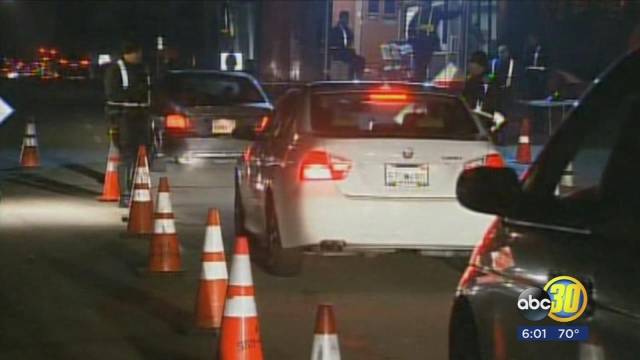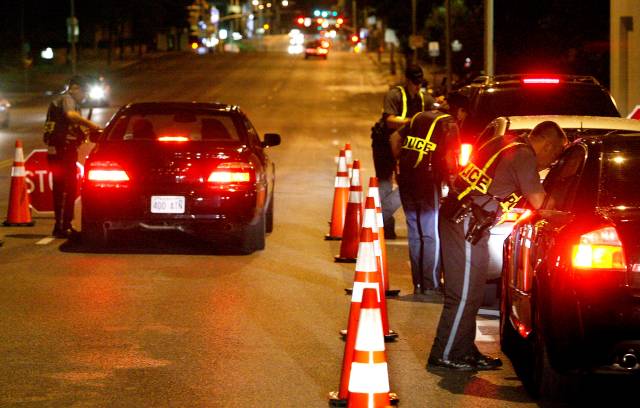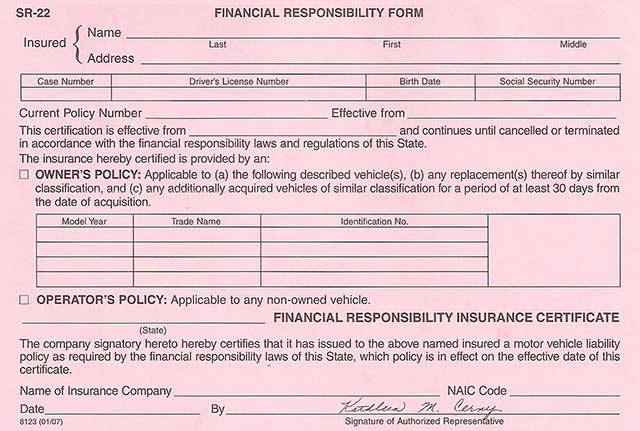Welcome to our comprehensive guide on DUI trends and statistics in Colorado.
This article aims to provide an objective, analytical, and detail-oriented analysis of the prevalence of DUI in the state, recent trends and patterns, consequences of DUI offenses, and efforts to combat this issue.
Additionally, we will offer valuable tips for preventing and addressing DUI incidents.
Stay informed and equipped with the essential knowledge to navigate the complex landscape of DUI in Colorado.
The Prevalence of DUI in Colorado
The prevalence of DUI in Colorado is a significant issue, with a high number of incidents reported each year. DUI, which stands for Driving Under the Influence, refers to the act of operating a motor vehicle while impaired by alcohol or drugs. In Colorado, DUI is a serious offense, and law enforcement agencies are actively working to combat this problem.
According to statistics from the Colorado Department of Transportation, there were a total of 6,778 alcohol-related crashes in 2019. These crashes resulted in 159 fatalities and 3,705 injuries. Additionally, there were 3,448 drug-related crashes, leading to 80 fatalities and 2,211 injuries. These numbers highlight the alarming impact of DUI on road safety and public health.
To address this issue, Colorado has implemented stringent laws and penalties for DUI offenses. The legal blood alcohol concentration (BAC) limit for drivers is 0.08%. For drivers under the age of 21, the limit is even lower at 0.02%. Repeat offenders and those involved in severe accidents may face more severe consequences, such as license suspension, fines, mandatory alcohol education programs, and even imprisonment.
Efforts to reduce the prevalence of DUI in Colorado include increased law enforcement presence, public awareness campaigns, and the promotion of alternative transportation options. Despite these efforts, the high number of incidents reported each year underscores the need for continued vigilance and the importance of education and prevention initiatives.
Recent DUI Trends and Patterns
With an increase in ride-sharing services and the legalization of recreational marijuana, Colorado has seen a rise in DUI incidents in recent years. The combination of these factors has contributed to changes in DUI trends and patterns across the state.
According to data from the Colorado Department of Transportation, there has been a notable increase in the number of DUI arrests since the legalization of recreational marijuana in 2012. In 2018, there were 5,546 DUI arrests, representing a 15% increase compared to the previous year.
One trend that has emerged is the higher prevalence of drug-impaired driving. In 2018, drug-related DUI arrests accounted for 52% of all DUI arrests, surpassing alcohol-related DUI arrests for the first time. This trend is likely influenced by the legalization of recreational marijuana and the availability of other drugs in the state.
Additionally, there has been a shift in the age group most impacted by DUI incidents. While DUI arrests among individuals aged 21 to 34 remain high, there has been a significant increase in DUI arrests among those aged 35 and older.
These trends highlight the need for continued efforts in educating the public about the dangers of impaired driving, regardless of whether it is caused by alcohol or drugs. Law enforcement agencies and organizations have been implementing strategies to address these trends, such as increased DUI checkpoints and public awareness campaigns.
Consequences of DUI Offenses in Colorado
Colorado imposes strict penalties for DUI offenses, including fines, license suspension, and mandatory participation in alcohol education programs. These consequences are designed to deter individuals from driving under the influence and to promote public safety on the roads. The severity of the penalties depends on various factors such as the number of prior DUI convictions and the blood alcohol concentration (BAC) at the time of arrest.
The table below provides an overview of the penalties for DUI offenses in Colorado:
| First Offense | Second Offense | Third Offense | |
|---|---|---|---|
| Fine | $600-$1,000 | $600-$1,500 | $600-$1,500 |
| License Suspension | 9 months | 1 year | 2 years |
| Alcohol Education Program | 12-24 hours | 12-24 hours | 12-24 hours |
| Jail Time | Up to 1 year | 10 days to 1 year | 60 days to 1 year |
It is important to note that these penalties can be enhanced if aggravating factors are present, such as having a BAC above 0.15% or causing injury or death while driving under the influence. In addition to the legal consequences, individuals convicted of DUI offenses may also face increased insurance rates, difficulty finding employment, and damage to their reputation.
Efforts to Combat DUI in the State
In an effort to address the issue of driving under the influence (DUI) in Colorado, various measures have been implemented to combat this dangerous behavior. These efforts aim to reduce the number of DUI incidents, protect public safety, and deter individuals from driving while impaired.
Some key initiatives include:
- Strict enforcement: Law enforcement agencies in Colorado have increased their efforts to detect and apprehend individuals who are driving under the influence. This includes conducting regular DUI checkpoints, increasing patrols in areas known for high DUI rates, and implementing targeted enforcement campaigns.
- Education and awareness: Public education campaigns play a crucial role in combating DUI. Colorado has implemented educational programs to raise awareness about the dangers and consequences of driving under the influence of alcohol or drugs. These campaigns aim to educate the public, especially young drivers, about the risks associated with impaired driving.
- Ignition interlock program: Colorado has implemented an ignition interlock program for DUI offenders. This program requires individuals convicted of DUI to install an ignition interlock device in their vehicles. This device prevents the vehicle from starting if the driver has alcohol on their breath. The program aims to prevent repeat DUI offenses by providing a deterrent and ensuring that individuals who have been convicted of DUI are not able to drive while under the influence.
Through these and other initiatives, Colorado is striving to combat DUI and promote safer roads for all residents and visitors.
Tips for Preventing and Addressing DUI Incidents
Law enforcement agencies in the state of Colorado consistently emphasize the importance of proactive measures to prevent and address DUI incidents. With the goal of reducing the number of DUI incidents and ensuring public safety, here are some tips for preventing and addressing DUI incidents in Colorado.
Firstly, it is crucial for individuals to plan ahead and arrange for a designated driver or alternative transportation when attending events or gatherings where alcohol will be consumed. This simple step can significantly reduce the risk of driving under the influence.
Secondly, hosting events with non-alcoholic beverage options and promoting responsible alcohol consumption can also contribute to preventing DUI incidents. By offering alternatives and encouraging moderation, hosts can create an environment that promotes responsible decision-making.
Furthermore, law enforcement agencies encourage community members to be vigilant and report suspected impaired drivers. By promptly reporting such incidents, individuals can help law enforcement respond effectively and prevent potential accidents.
In addition to prevention, addressing DUI incidents requires a comprehensive approach. This includes increased law enforcement presence, sobriety checkpoints, and strict enforcement of DUI laws. Additionally, education and awareness campaigns can play a crucial role in changing societal attitudes towards impaired driving.
Conclusion
In conclusion, the prevalence of DUI in Colorado is a concerning issue that requires attention.
Recent trends and patterns indicate the need for increased efforts to combat DUI offenses in the state.
The consequences of DUI offenses in Colorado are severe and can have lasting impacts on individuals and communities.
It is important for individuals to take proactive measures to prevent and address DUI incidents through education, awareness, and responsible decision-making.




